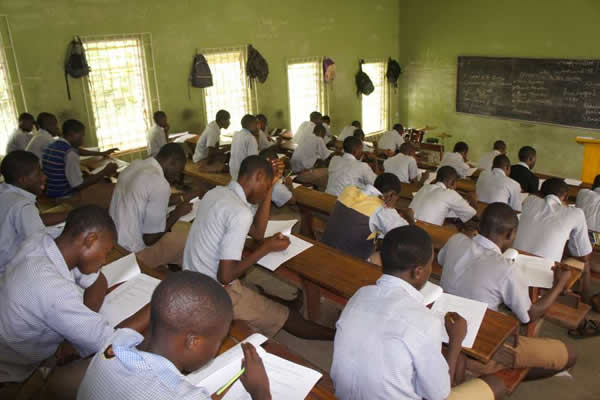By Peter Omopo
3rd September 2025
The Federal Government has unveiled the complete list of subjects for Junior and Senior Secondary Schools under Nigeria’s newly introduced national curriculum, set to take effect from September 2025.
The development came to light on Wednesday after the Special Assistant to the President on Social Media, Dada Olusegun, shared the subject breakdown on his official X handle. His post included an image of the curriculum covering both JSS and SS classes.
According to the government, the new framework is designed to modernise learning by embedding digital literacy, coding, and entrepreneurship as compulsory subjects, while expanding into areas such as artificial intelligence, robotics, and global languages at the senior secondary level.
At the junior level (JSS 1–3), subjects include:
- Mathematics & Measurement (numbers, algebra, geometry, statistics, etc.)
- English Language (essay writing, grammar, comprehension, oral communication)
- Integrated Science (basic physics, chemistry, biology, earth science, technology)
- Digital Literacy & Coding (Microsoft Office, Python basics, robotics)
- Social Studies (history, geography, civics, entrepreneurship basics)
- Languages (mother tongue, French/Arabic)
- Creative Arts (drawing, drama, music, film basics)
- Physical & Health Education (sports, fitness, reproductive health, drug abuse awareness).
At the senior level (SS 1–3), subjects include:
- Mathematics & Advanced Applications (algebra, trigonometry, calculus basics, financial maths)
- English & Communication (literary analysis, academic writing, journalism, public speaking)
- Sciences (physics, chemistry, biology, environmental science)
- Technology & Innovation (programming, AI, robotics, cybersecurity, digital entrepreneurship)
- Social Sciences (government, law, economics, history, philosophy, ethics, entrepreneurship)
- Languages (advanced mother tongue, French/Arabic/Chinese optional)
- Creative Arts & Innovation (fine arts, music, drama, media production)
- Physical & Health Education (sports, mental health, leadership, CPR)
- Research & Project Work (final-year projects with data collection, analysis, and defense).
The Ministry of Education said the curriculum was designed to equip Nigerian students with globally relevant skills while balancing core academic, technical, and creative competencies.

